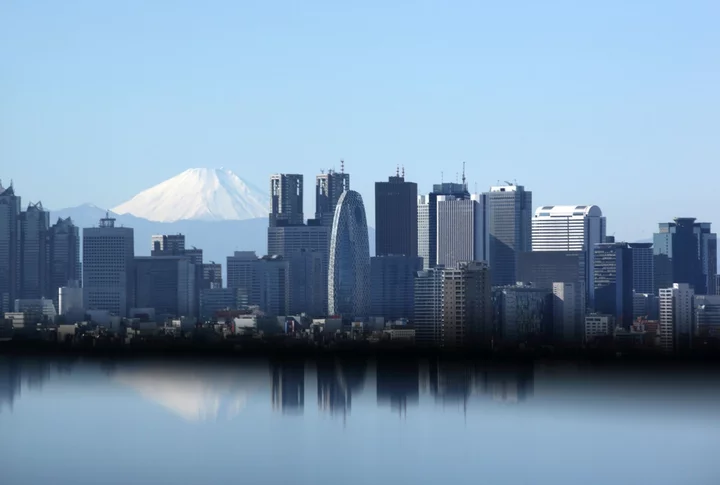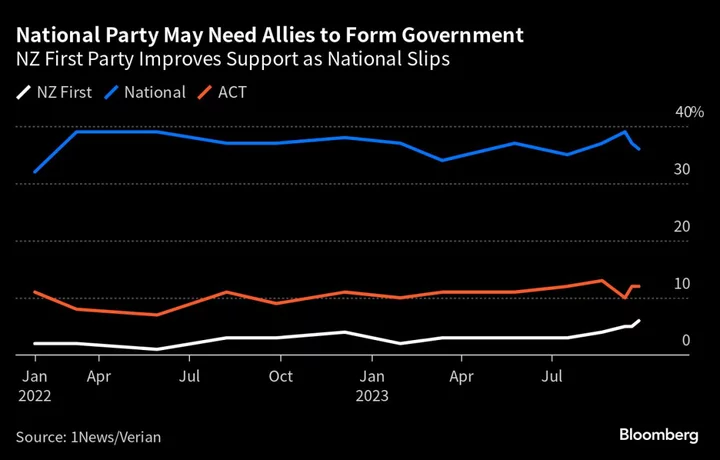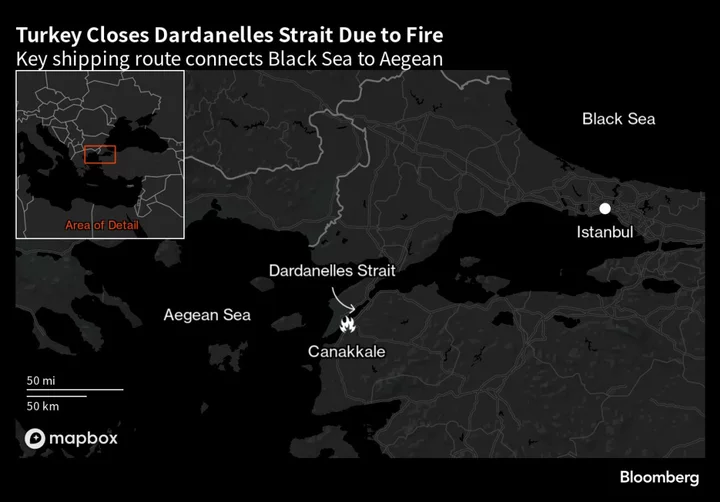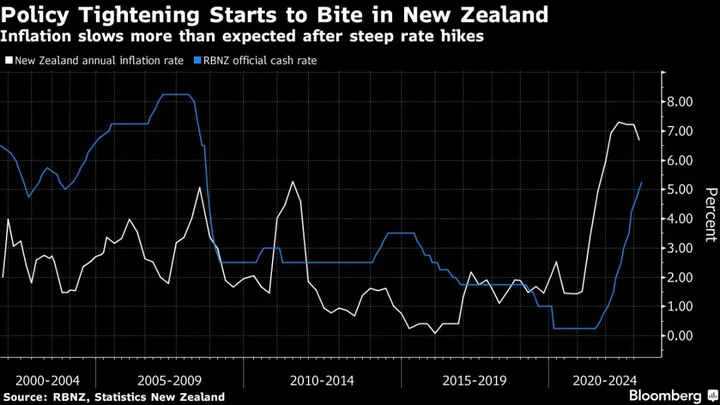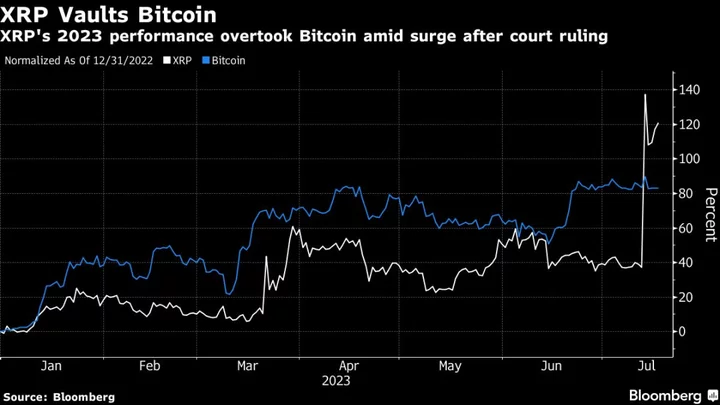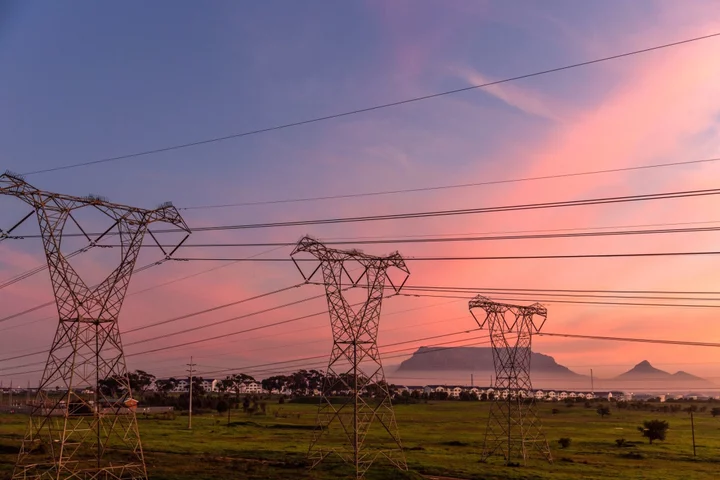Japan’s largest bank is growing its pipeline of investments for a startup fund that it jointly owns, as more of the country’s top lenders target growth in a corner of the market that’s got recent backing from the government.
Mars Growth Capital Pte, co-run by Mitsubishi UFJ Financial Group Inc., now has around 40-50 potential investment deals for its recently launched equity fund in countries from Indonesia to Singapore and India, as more mid-and late-stage tech startups look to raise capital, according to Ryutaro Hiroshima.
“It’s becoming a very good time to invest,” Hiroshima, co-CEO of Mars, said in an interview in Singapore.
MUFG and its rivals in Japan are expanding finance to startups in recent years, seeing room for expansion into a field that historically was shunned by these relatively conservative giant lenders. Japan Prime Minister Fumio Kishida has made nurturing home-grown venture capital one of the pillars of the country’s economic revival.
Part of the attraction is also timing. Valuations of startup companies were driven up during a global cash glut that peaked in early 2021. That flow of deals dried up after the Federal Reserve and other central banks started aggressively raising interest rates to fight inflation, Hiroshima said. That’s now changing, he said.
“We are expecting a return of equity financing by startups in 2024 and 2025,” he said. “We are going to invest in companies whose valuations have been adjusted and are expected to make strong growth.”
Startups in the nation raised a record 877.4 billion yen ($5.9 billion) in 2022, however, later-stage firms and those close to going public suffered sharp declines in funds raised, according to INITIAL, which tracks startup investments in the country.
Mars Growth, a venture with Israeli tech lender Liquidity Capital, set up an equity fund in September to invest in mid- and late-stage tech startups in the Asia-Pacific region, with Japan’s largest lender set to invest up to $500 million. Hiroshima said the fund’s equity team currently has six members, hired from investment banks and funds such as Goldman Sachs Group Inc., JPMorgan Chase & Co., GIC Pte and Temasek Holdings Pte.
The fund expects to put in an average $20-30 million per deal for an average duration of three to five years, he said. Currently, MUFG is the sole investor in the fund but Hiroshima said they will start inviting outside investors once the fund builds up a track record. It is also planning to expand its investment horizons into Europe and other regions.

